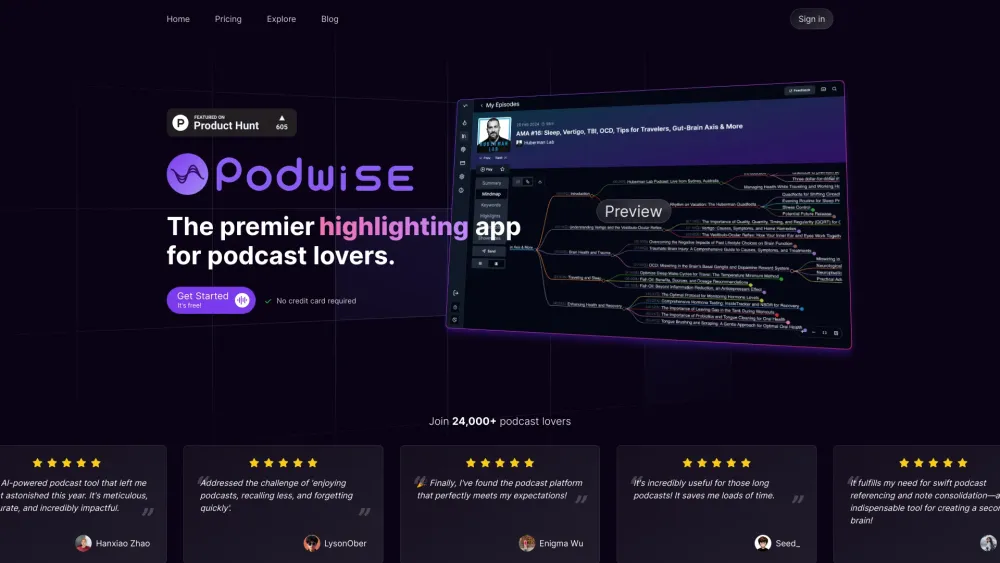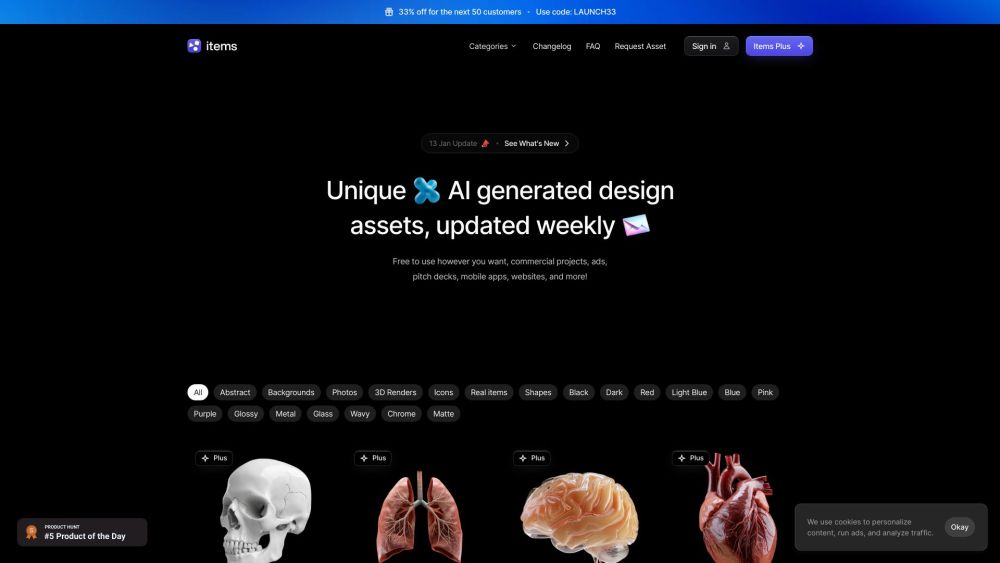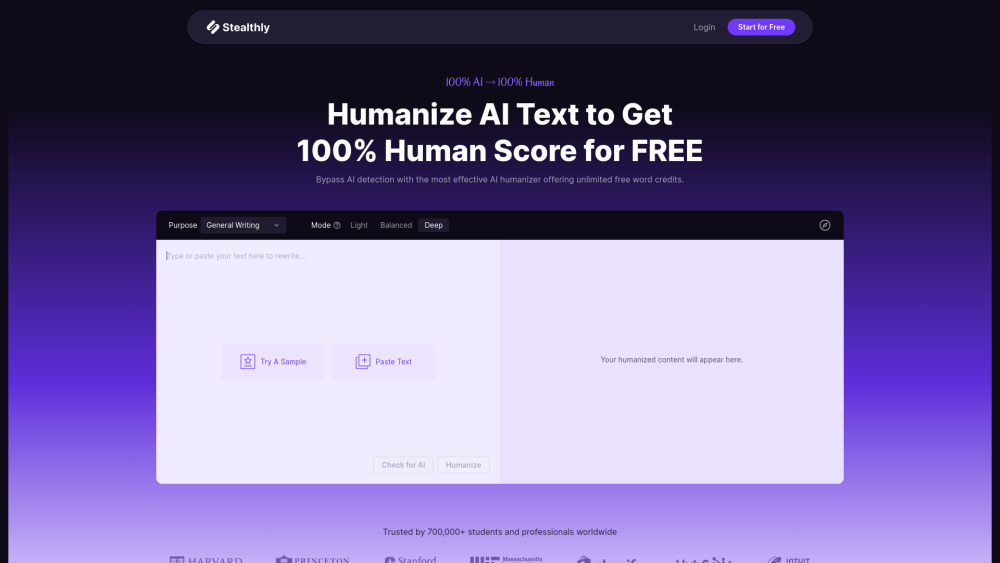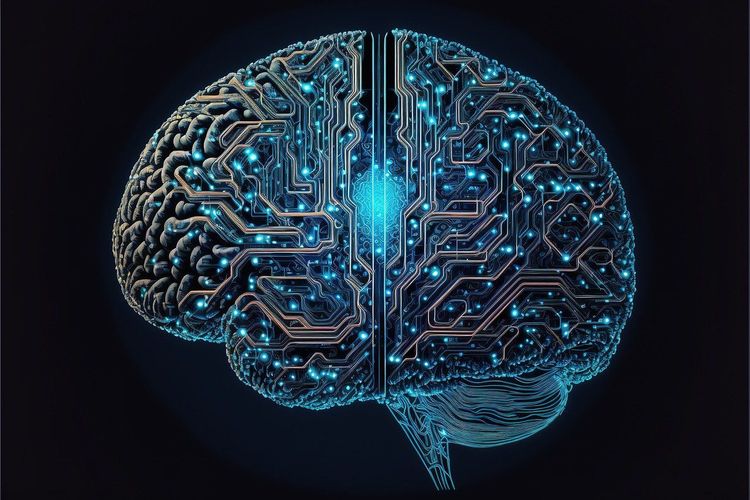Digital Transformation: Navigating the Risks and Rewards
Digital transformation refers to the process of upgrading outdated applications and processes through cloud technologies and digital workflows. However, this can be a challenging endeavor. According to a 2023 report by Harvard Business Review, although 89% of large enterprises are implementing digital and AI transformations, they have only realized 31% of the expected revenue growth and 25% of the projected cost savings.
Rob Mee, the former CEO of Pivotal, recognized the significant challenges in digital transformation after years of working with companies reliant on aging infrastructure. In 2022, he founded Mechanical Orchard, a startup that leverages “AI-enhanced” tools and cloud instances to create modernized versions of companies’ legacy applications and services.
“The urgency of modernizing critical legacy systems has left many IT leaders feeling that the risks outweigh the rewards,” Mee explained. “However, with outdated software increasingly posing an existential threat to businesses, it’s time to stop postponing necessary upgrades.”
Pivotal faced significant hurdles during its journey; its stock plummeted more than 40% in one day following a disappointing earnings report, and it never fully bounced back. Eventually, VMware acquired the company for an enterprise value of $2.7 billion, significantly below its peak valuation.
Despite these challenges, Mee is optimistic about Mechanical Orchard's trajectory, highlighting a robust pipeline of large enterprise clients in retail and logistics. “There’s a growing interest across various sectors facing legacy IT issues, including manufacturing, transportation, and financial services,” he noted. “Our priority is risk reduction—IT leaders can continuously see evidence that the migration is effective, fostering confidence and assurance in the process.”
In a noteworthy development, Mechanical Orchard recently secured a $50 million Series B funding round led by GV (formerly Google Ventures), part of Alphabet's corporate venture segment, bringing total funding to $74 million. “The investment was unsolicited,” Mee mentioned. “Mechanical Orchard wasn’t actively seeking funding, but GV offered an exceptional partnership opportunity.”
Numerous vendors have developed tools and entire divisions to facilitate digital transformation. For instance, Box previously operated a consulting arm called Box Transform, aimed at assisting organizations with the complexities of their digital transformations.
What distinguishes Mechanical Orchard from other players in the market? Their unique approach involves utilizing generative AI as a “pair programmer” to assist in rewriting and creating new software. While there are inherent risks in using AI for programming, Mee ensures that Mechanical Orchard's developers are always involved to debug and review the final product.
Mee did not disclose which generative AI platform Mechanical Orchard employs or if it develops its own internal coding models, an important consideration for customers handling sensitive code who may be cautious about using third-party services like GitHub Copilot or AWS Q Developer.
To facilitate the transformation of a company’s legacy system—such as software operating on a mainframe—Mechanical Orchard assesses the system’s behavior, identifies its dependencies, and dissects its components to define their functions. The team then writes cloud-hosted code that preserves the old system’s capabilities, allowing customers to own and deploy this code according to their needs.
Mee confirmed that the new funding will be allocated to research and development, particularly to enhance the company's AI capabilities. The San Francisco-based company currently employs around 90 individuals across its offices in the U.K., Ireland, Italy, and Germany.






